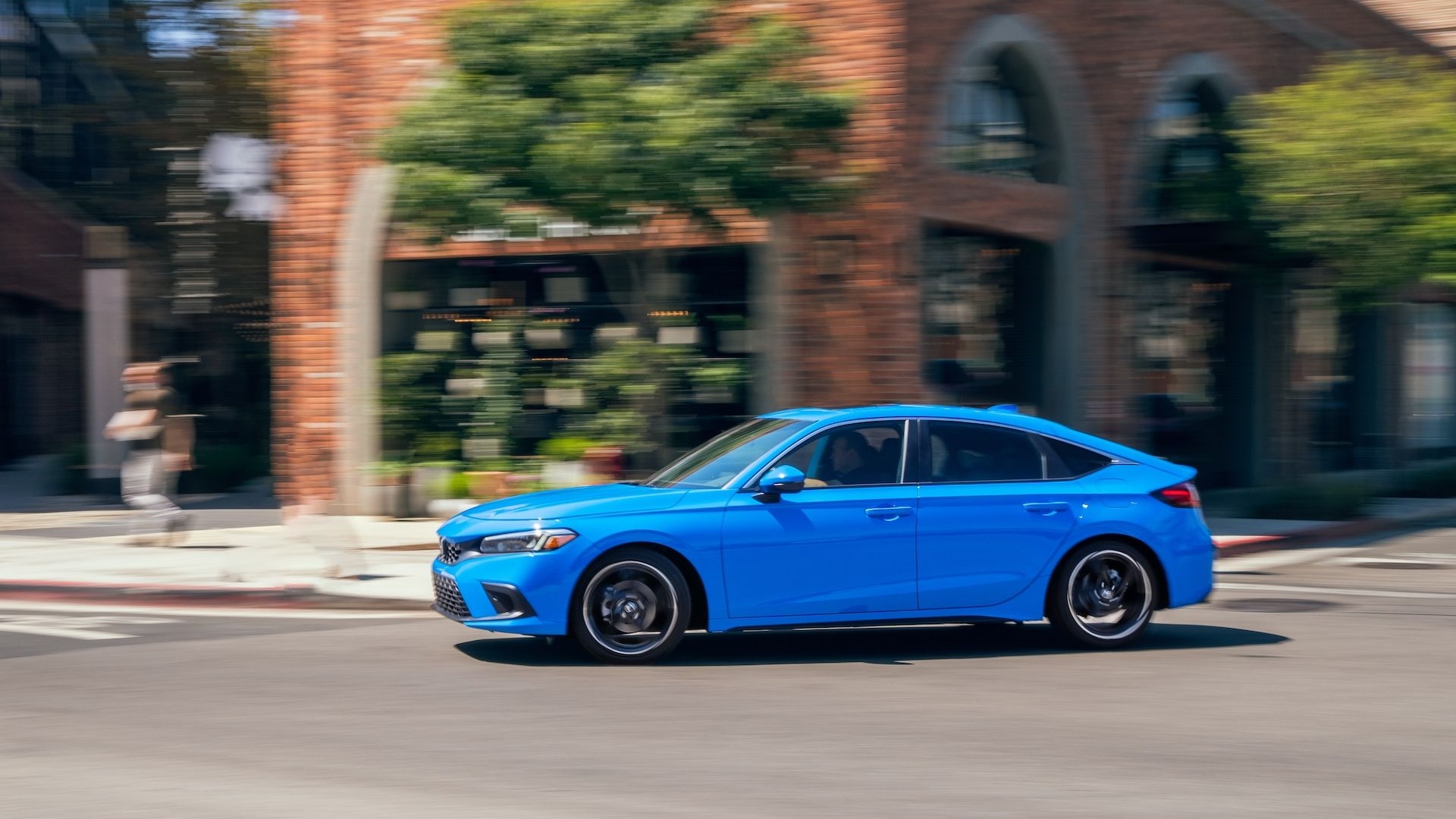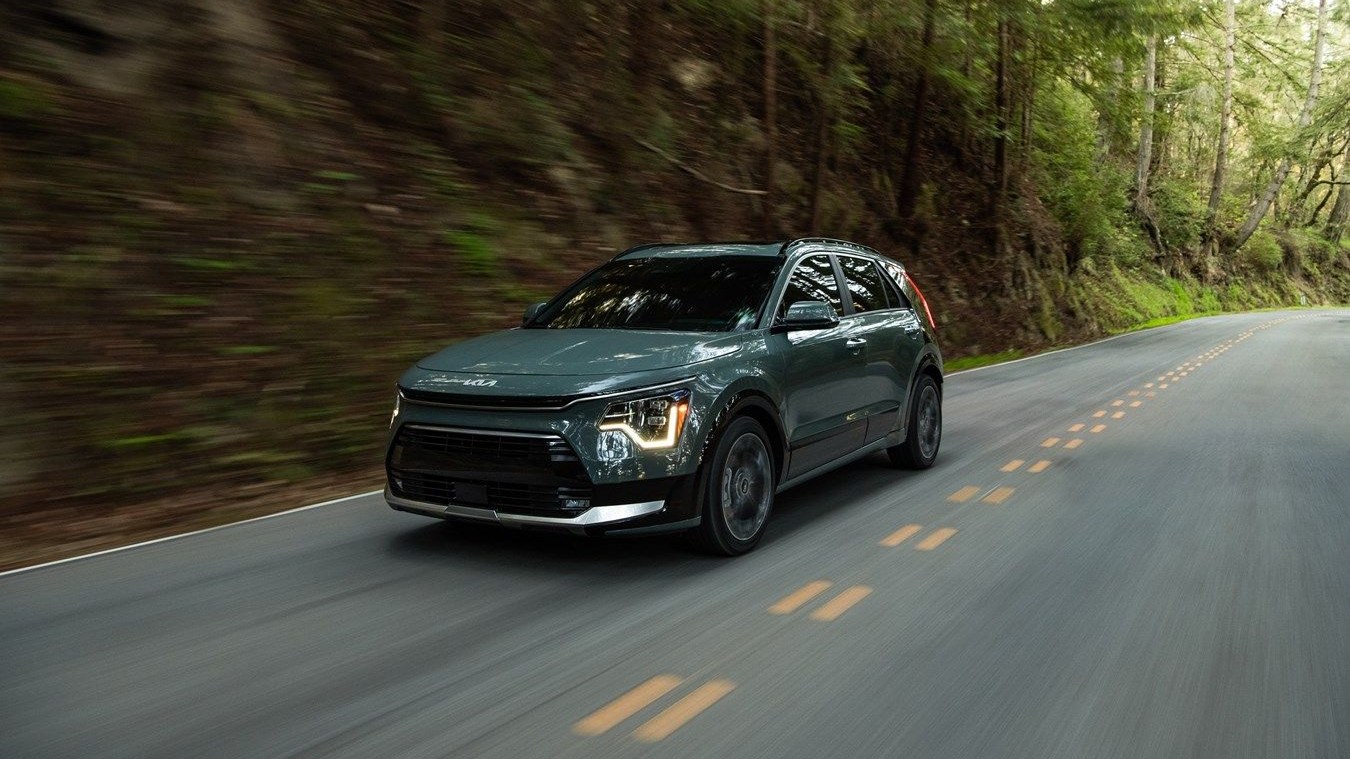Zipcar's plug-in hybrid fleet of on-demand cars is a case in point. By combining highly efficient plug-in hybrid cars with the distributed ownership model, Zipcar thinks it is helping to support a sustainable form of individual transport.
"Zipcar encourages sustainable lifestyles in several ways -- fewer personally owned cars, less driving overall, and now the addition of these super efficient plug-in cars," said Mark Norman, President and Chief Operating Officer of Zipcar. "Our members strongly support the notion of adding next-generation clean cars, and this program is an important first step in exploring the potential."
The cars used in the trial will be converted Toyota Priuses with an A123 Systems Hymotion L5 Plug-in Conversion Module (PCM) - not to be confused with Peugeot's HYmotion hybrid system. Similar cars, converted with a unit from the same company, achieved fleet averages of 74mpg in a Google-sponsored test in 2007.
Zipcar and A123 Systems say the new PCM gives the converted Prius economy up to 100mpg during the first 30-40mpg of electrically assisted driving. After that the vehicle functions as a normal hybrid until recharged.
Zipcar claims 250,000 members and 5,500 vehicles in 26 cities in North America plus London.



